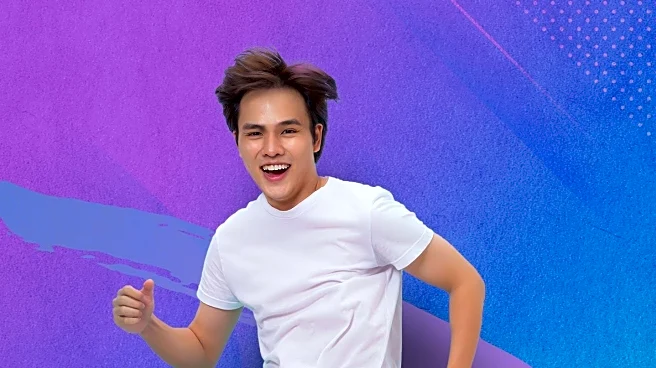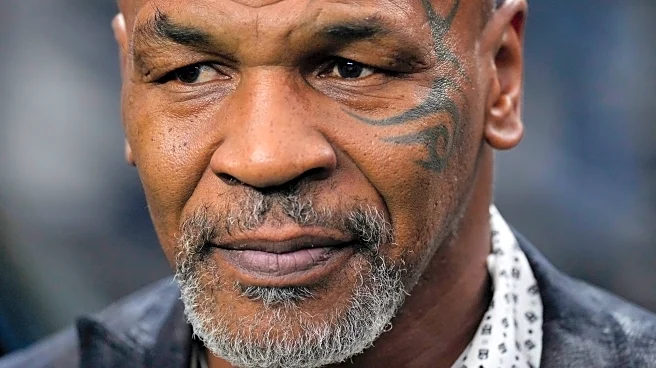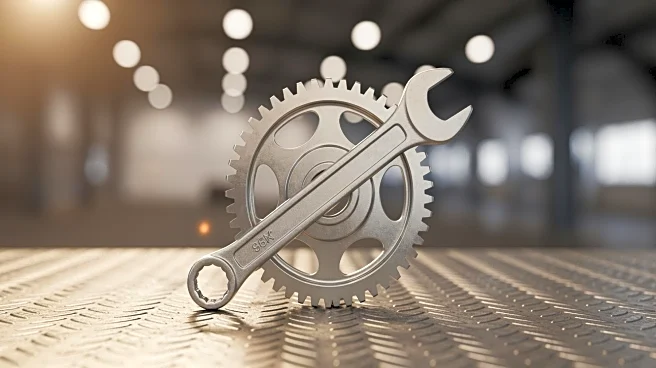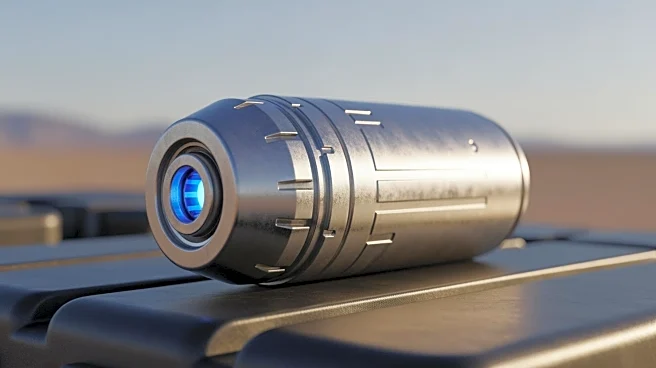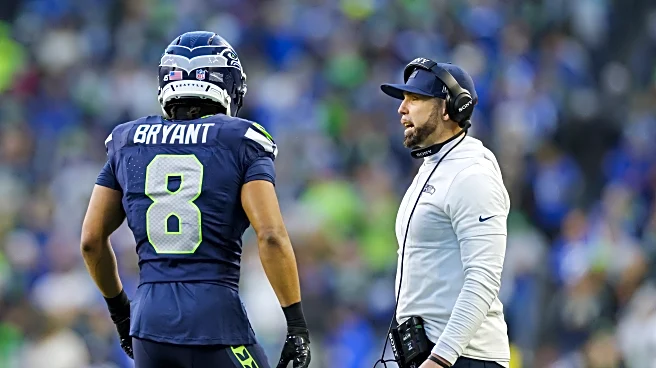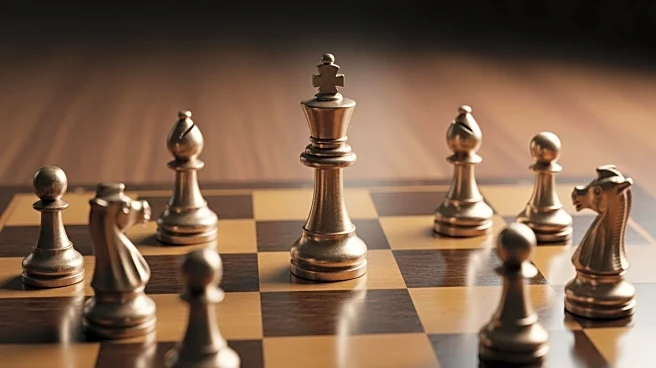What is the story about?
What's Happening?
TikTok users have initiated 'The Great Lock In of 2025,' a challenge aimed at enhancing fitness and career goals over the last four months of the year. The challenge, which runs from September 1 to December 31, includes strict rules such as no sugar, no fast food, daily cold showers, and other lifestyle changes. Participants are encouraged to sleep nine hours a night, drink three liters of water daily, and engage in workouts three to five times a week. The challenge is reminiscent of the viral '75 hard' but extends over a longer period. While the rules are health-promoting, they are also rigid, which may not be sustainable in the long term.
Why It's Important?
The 'Great Lock In' challenge reflects a growing trend of using social media platforms like TikTok to drive personal development and lifestyle changes. While the challenge promotes healthy habits such as exercise, hydration, and sleep, its strict nature may lead to short-term adherence rather than long-term lifestyle changes. The challenge's popularity highlights the influence of social media on personal health and wellness decisions, potentially impacting public health trends. However, experts suggest that flexibility and moderation are key to sustainable behavior change, cautioning against extreme restrictions that may lead to rebound effects.
What's Next?
Participants in the 'Great Lock In' challenge may experience initial success in meeting their goals, but the rigidity of the rules could lead to challenges in maintaining these habits long-term. As the challenge progresses, there may be discussions on social media about modifying the rules to make them more achievable and sustainable. Health experts and influencers might offer advice on balancing strict goals with flexibility to encourage lasting changes. The challenge could also inspire similar initiatives, prompting further exploration of how social media can be used to promote health and wellness.
Beyond the Headlines
The 'Great Lock In' challenge raises questions about the role of social media in shaping health behaviors and the potential for these platforms to influence public perceptions of wellness. It also highlights the cultural shift towards self-improvement and the pursuit of personal goals through digital communities. The challenge may spark conversations about the ethical implications of promoting extreme lifestyle changes and the responsibility of influencers in guiding their followers towards healthy practices.
